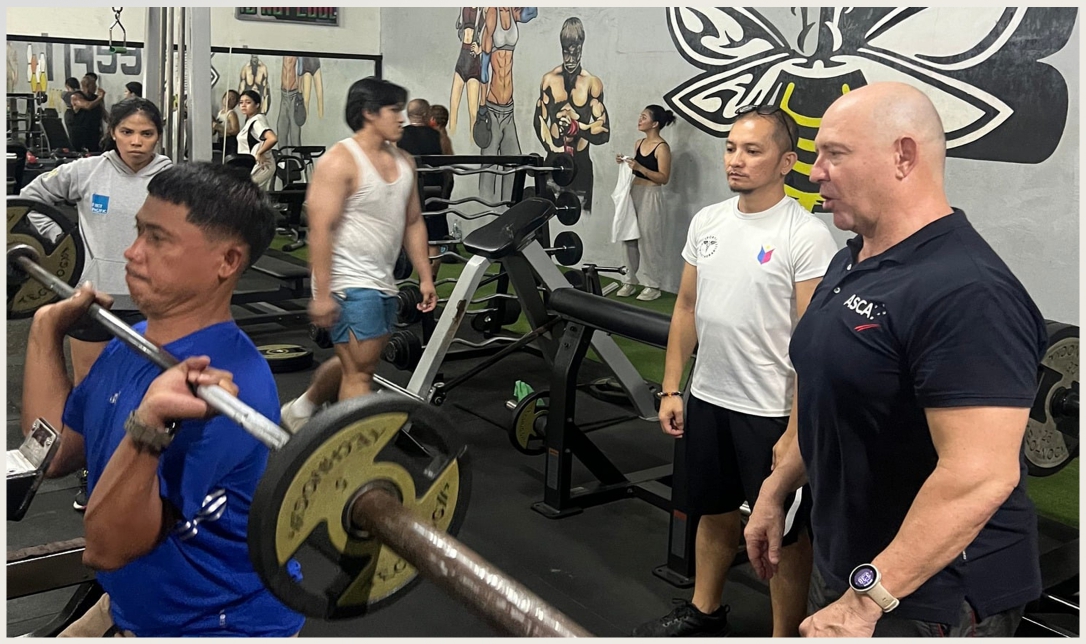Motivational climate and academic achievement of student athletes: Basis for development program
DOI:
https://doi.org/10.59120/drj.v15i3.249Keywords:
Academic achievement, motivational climate, student-athletesAbstract
This study was conducted to determine the significant relationship of motivational climate and the academic achievement of college athletes through which a sports development program could be developed. This was conducted to N=201 students through an adopted but modified questionnaire. Statistical tools used for this study were the mean, standard deviation and Pearson-r. It utilized the non-experimental quantitative research design employing correlational technique. Results of the study showed that the overall level of motivational climate was high while the overall mean of student-athletes academic achievement was fair. All indicators resulted to high: ego-involving climate and task involving climate. Further, it was found that there was a significant relationship between motivational climate and student-athletes academic achievement. However, while the motivational climate is found to be high, it has also been shown that the overall academic achievement of student-athletes is interpreted as fair. This implies that despite the fact that there was a high level of motivation provided to the athletes, they still perceived their academic performance as fair and satisfactory. As such, a well balanced academic and athletic participation must be observed. Hence, this study recommends that athletic administrators and coaches must deal with the problem of insufficient time spent on classwork and excessive time in practices and competitions and develop programs that promote a balanced academic and athletic participations among student-athletes.
Downloads

Downloads
Published
Issue
Section
License
Copyright (c) 2024 Rey L. Rabuya

This work is licensed under a Creative Commons Attribution-NonCommercial 4.0 International License.
DRJ is an open-access journal and the article's license is CC-BY-NC. This license allows others to distribute, remix, tweak, and build on the author's work, as long as they give credit to the original work. Authors retain the copyright and grant the journal/publisher non-exclusive publishing rights with the work simultaneously licensed under a https://creativecommons.org/licenses/by-nc/4.0/.





